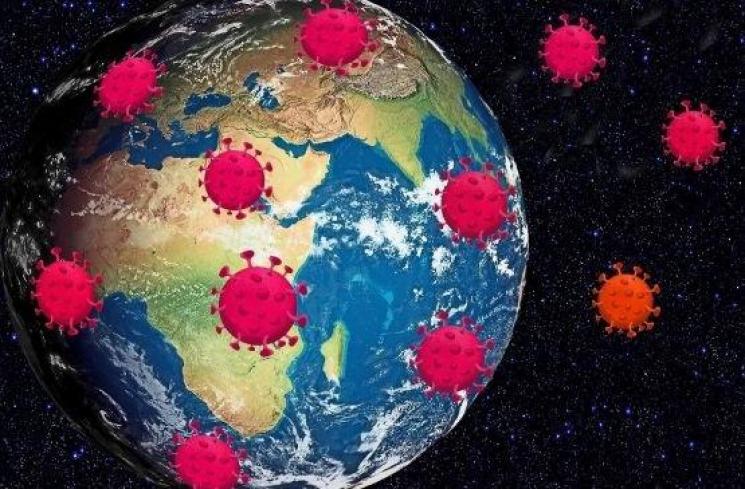Promising new therapy for COVID-19 cleared by U.S., still under review by Health Canada |
||||
|
|
||||
| The U.S. Food and Drug Administration has given the green light to a promising monoclonal antibody therapy co-developed by Canadian scientists to treat mild to moderate coronavirus infections — a groundbreaking product that hasn’t been approved by Health Canada for use in this country.
The antibody treatment, called bamlanivimab, produced positive results in clinical trials and reduced the severity of COVID-19 in patients with underlying health conditions (such as diabetes, chronic kidney disease, obesity or being over the age of 65) while also cutting hospitalization rates. U.S. data show that people with comorbidities — two or more medical conditions at one time — are far more likely to die from COVID-19. This drug could help reduce those mortality rates. Monoclonal antibodies are laboratory-made proteins that mimic the immune system’s ability to fight off harmful antigens such as viruses. Bamlanivimab is specifically designed to block the SARS-CoV-2 virus from attaching to human cells. The antibody in question, LY-CoV555, was discovered by scientists at Vancouver-based AbCellera in collaboration with the National Institute of Allergy and Infectious Diseases Vaccine Research Center (VRC). The treatment was co-developed with U.S. pharmaceutical giant Eli Lilly. While the clinical data was submitted to U.S. and Canadian regulators for approvals at roughly the same time in early October, Health Canada said it is not yet ready to approve the drug and its review process continues. „Although Health Canada has received some applications, all the necessary data supporting a vaccine or treatment approval have not yet been received.
|

„The decision on vaccine and treatment approval will be made based on the evidence submitted by the sponsors”.
+1



